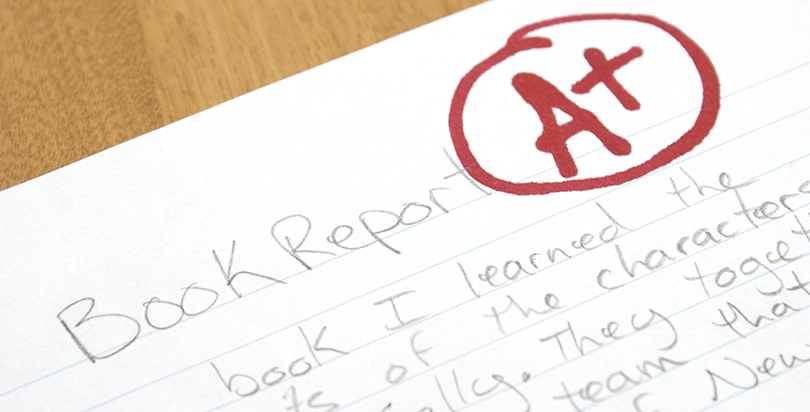How Will America’s New Education Law Make Your School Better? 5 Experts on How States Are Using ESSA to Make Districts More Accountable

This article is part of The 74’s ongoing coverage of the Every Student Succeeds Act, and the new law’s implementation across all 50 states and the District of Columbia. You can follow our complete coverage here — and see state-by-state updates via our interactive ESSA map at ESSA.The74Million.org.
Earlier this year, the Collaborative for Student Success and Bellwether Education Partners brought together more than 30 education experts – with state and national experience, Republicans and Democrats – to independently review the first 17 state ESSA plans submitted to the U.S. Department of Education.
While the results of that review can be found at CheckStatePlans.org, peer reviewers also shared their thoughts on different aspects of state ESSA plans — topics like what they were looking for, what they wished they had seen, and what they’re hoping to see in the second round. We’re sharing those thoughts as we lead up to the review of ESSA plans submitted by the 34 second-round states.
Reviewers had many different perspectives — and priorities — coming into the review. So, we asked them: What do states’ new education plans say about how they will create more accountable schools?
Here’s what they had to say:
1. Gini Pupo-Walker, Conexión Américas: Clearer school ratings, more transparent reporting
“ESSA plans that provide clear ratings systems, which are accompanied by transparent and easy-to-understand reporting, will provide an important focal point for school, parent, and community conversations. These ratings will prompt action at the local school level, and inform the allocation of resources, focus for teacher training and hiring, and creation of programs for interventions and supports. With clear ratings and reporting, it will be possible for teachers, parents, and stakeholders to learn and hopefully inform any changes in programs and priorities, which will be evident in every classroom in the state.”
2. Natasha Ushomirsky, The Education Trust: Measures of school performance that prioritize student outcomes
“Most states have selected solid measures of school performance that prioritize student outcomes, while providing a more holistic picture of students’ experiences in schools. For example, in addition to assessment results and graduation rates, many states are looking at chronic absenteeism rates and measures of college/career readiness. A strong ESSA plan would build on this foundation by making sure that school ratings are based on how a school performs on these measures for each group of students it serves, including low-income students, students of color, students with disabilities, and English learners.”
3. Lisa Graham Keegan, senior education policy adviser to John McCain’s presidential campaign: Strong plans of action, built on rich data
“The most impressive state plans were those that already had a strong plan of action in place, great data on their progress or challenges, and were explaining that within the context of ESSA. Those state leaders are well positioned to use ESSA resources to support the work they were already committed to.”
4. Donna Johnson, Delaware State Board of Education: Creating better systems to share ideas and solve problems
“Some states have proposed taking a comprehensive approach to supporting schools to better meet the needs of students and to help turn around low-performing schools. Some states have proposed creating leadership development academies to support and develop stronger instructional leaders for underperforming schools, while others have proposed developing similar school cohorts so that schools can learn from and share with other schools sharing similar demographic makeup. Some states have also proposed achievement or innovation districts where schools with the most historical underperformance can work together with additional supports and structures in place to facilitate more school-based decision making and leadership to help facilitate direct improvement. These types of ideas and initiatives are ones to watch and see if the results align with the visionary ideas put on paper.”
5. David Mansouri, Tennessee State Collaborative on Reforming Education (SCORE): Strong and reliable measures of student success and school quality
“We’ve been encouraged by the number of states that are using a strong and reliable measure for the student success and school quality indicator. For example, several states are including college and career readiness in their school accountability system, in addition to things like chronic absenteeism and school discipline. Importantly, we also saw states engage meaningfully with stakeholders including educators, parents, and school district leaders in creating state plans.”
Get stories like these delivered straight to your inbox. Sign up for The 74 Newsletter

;)